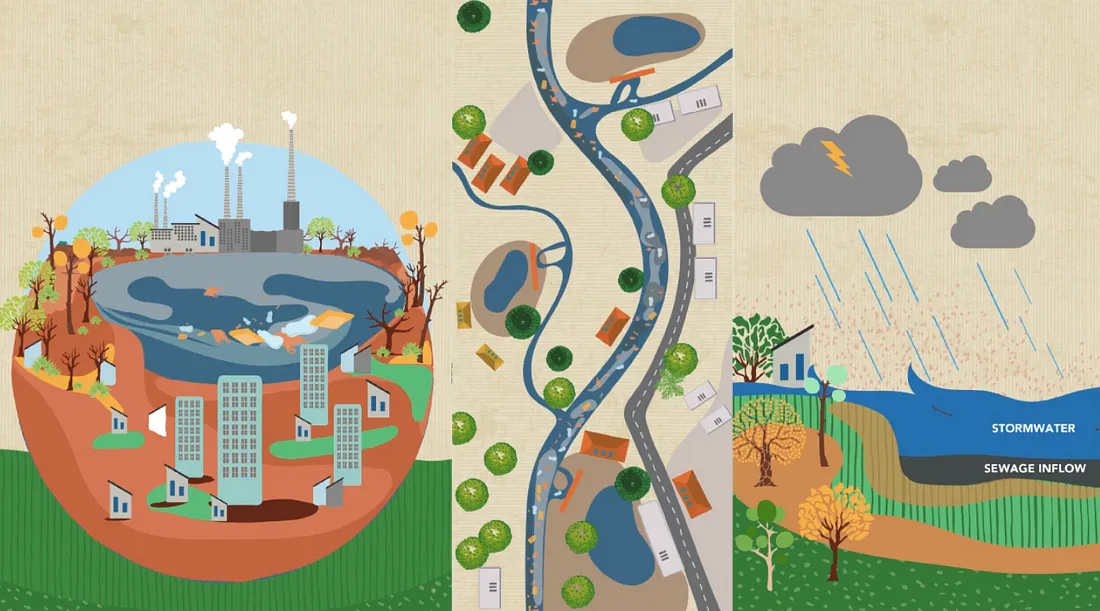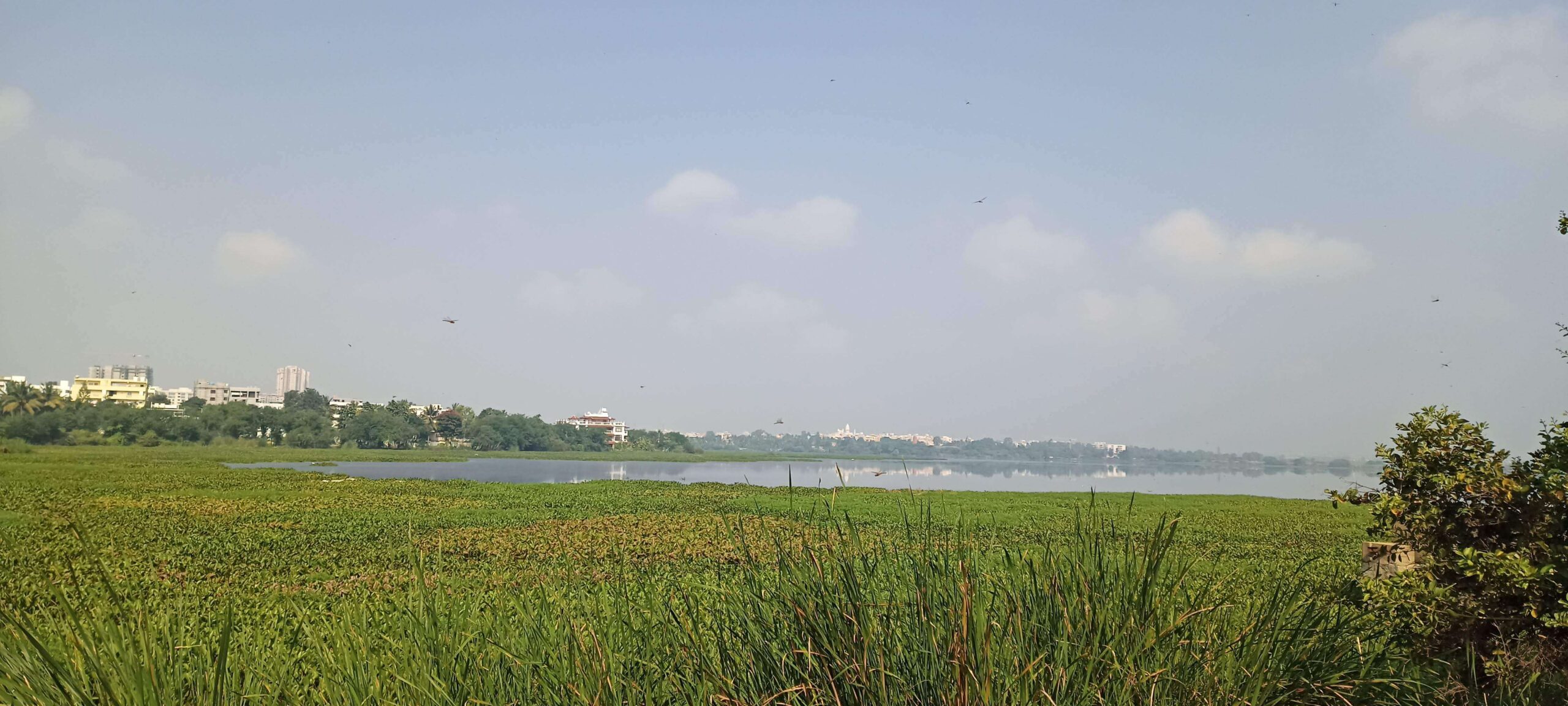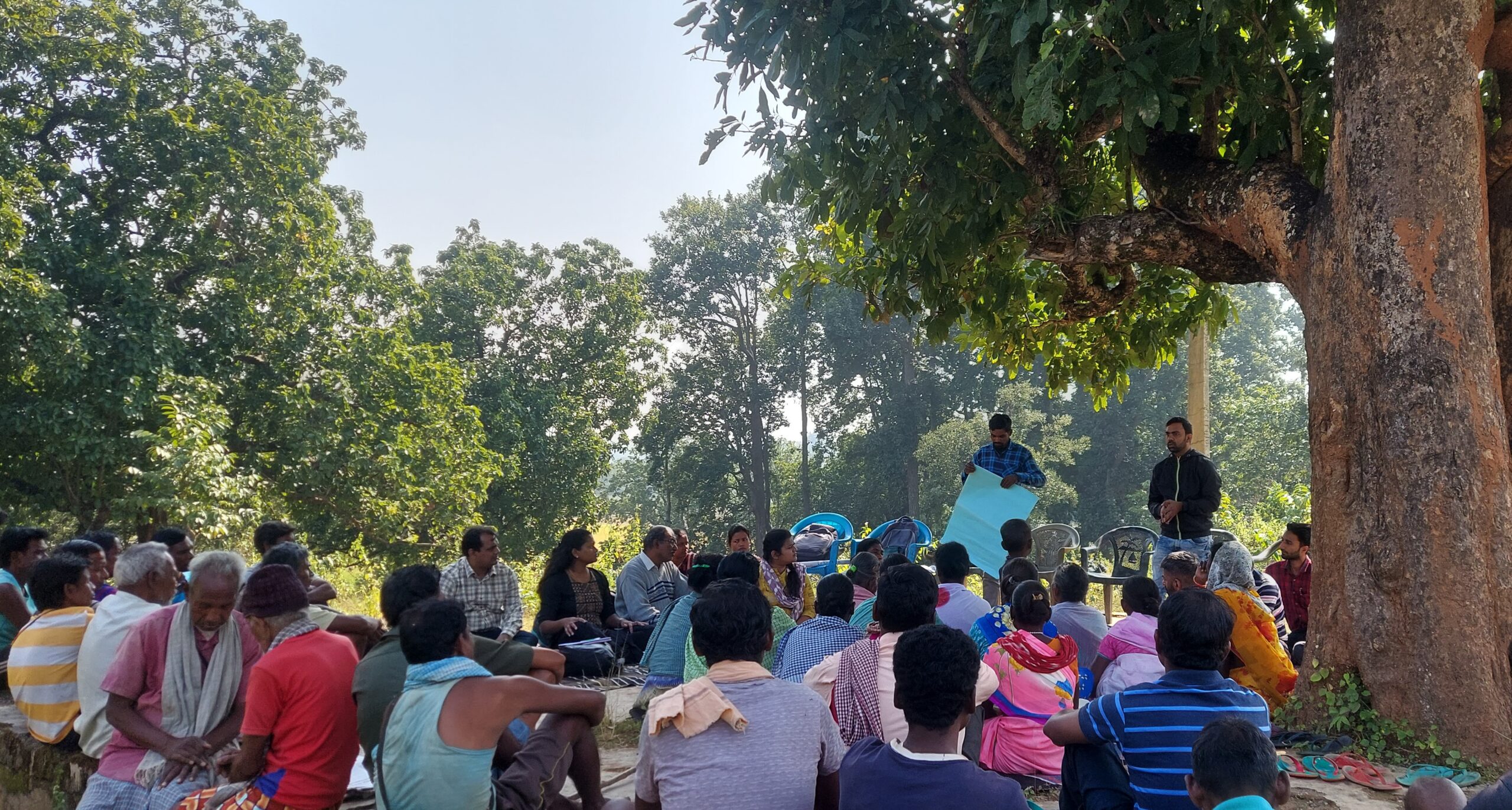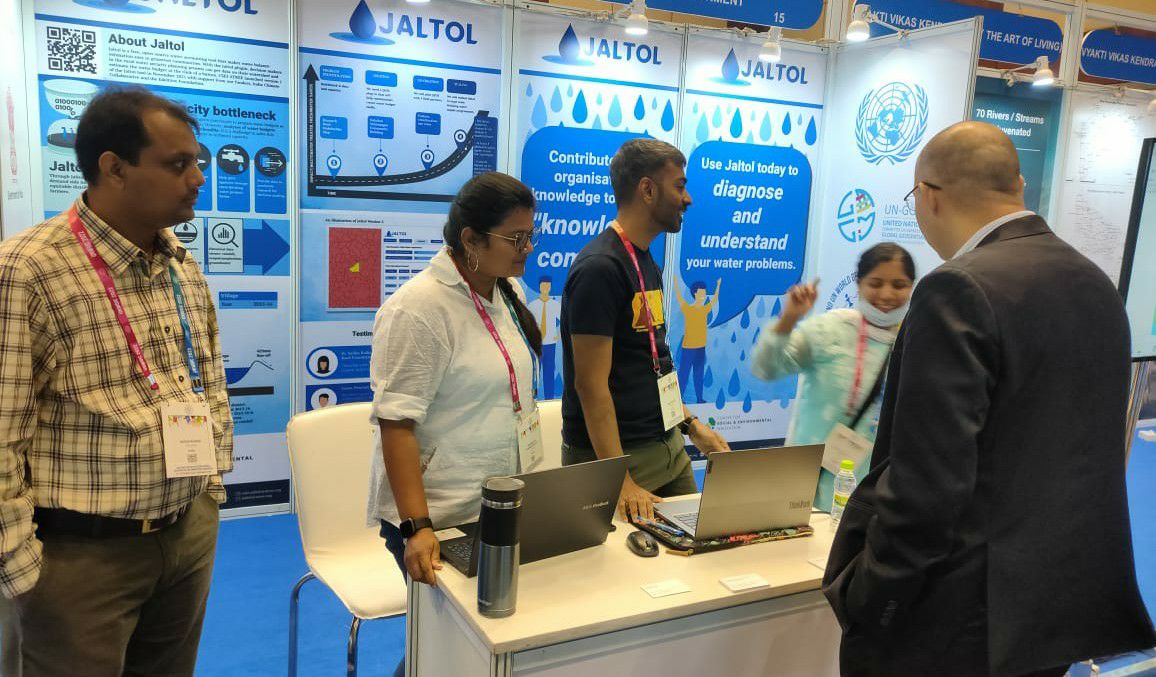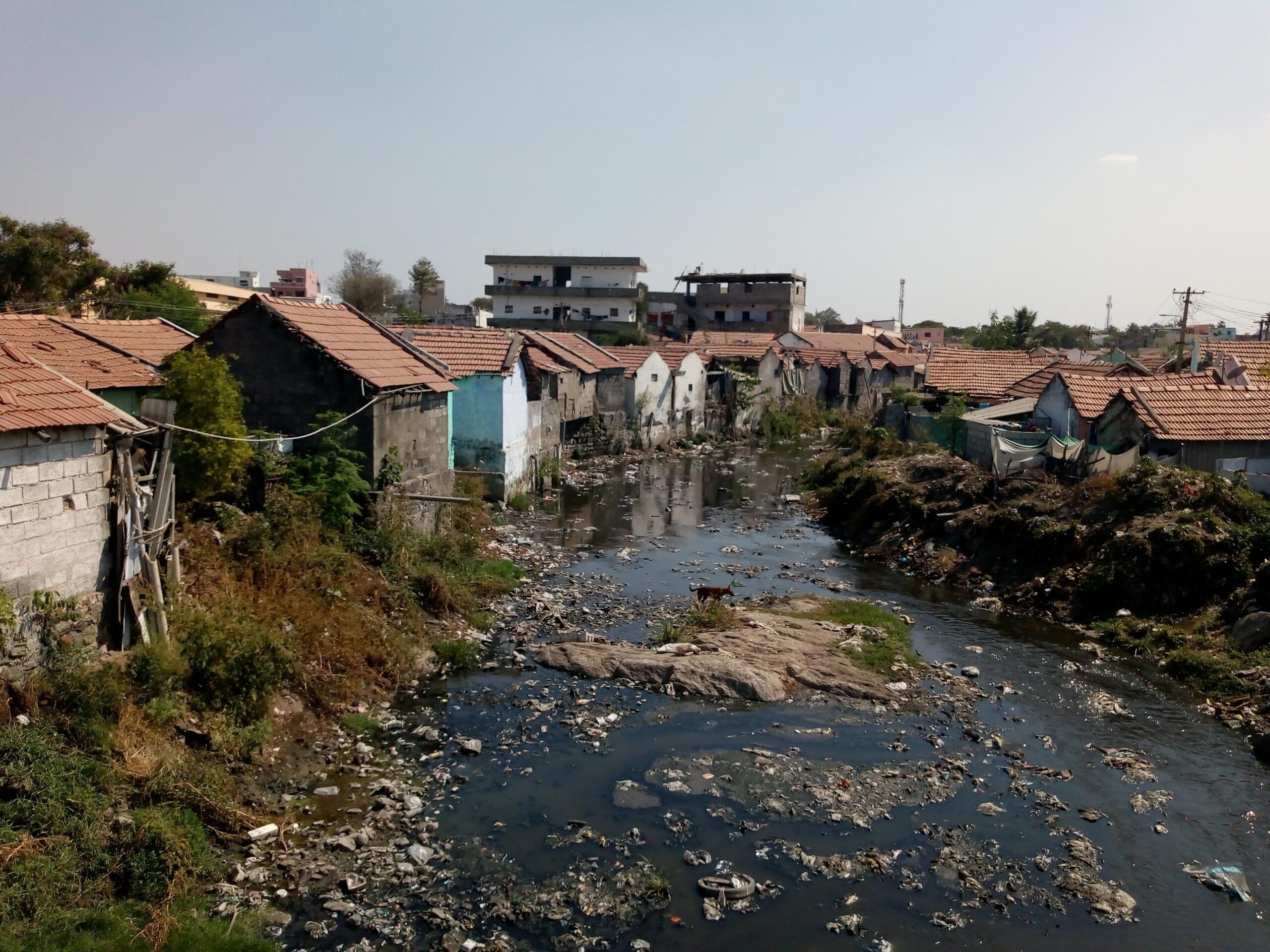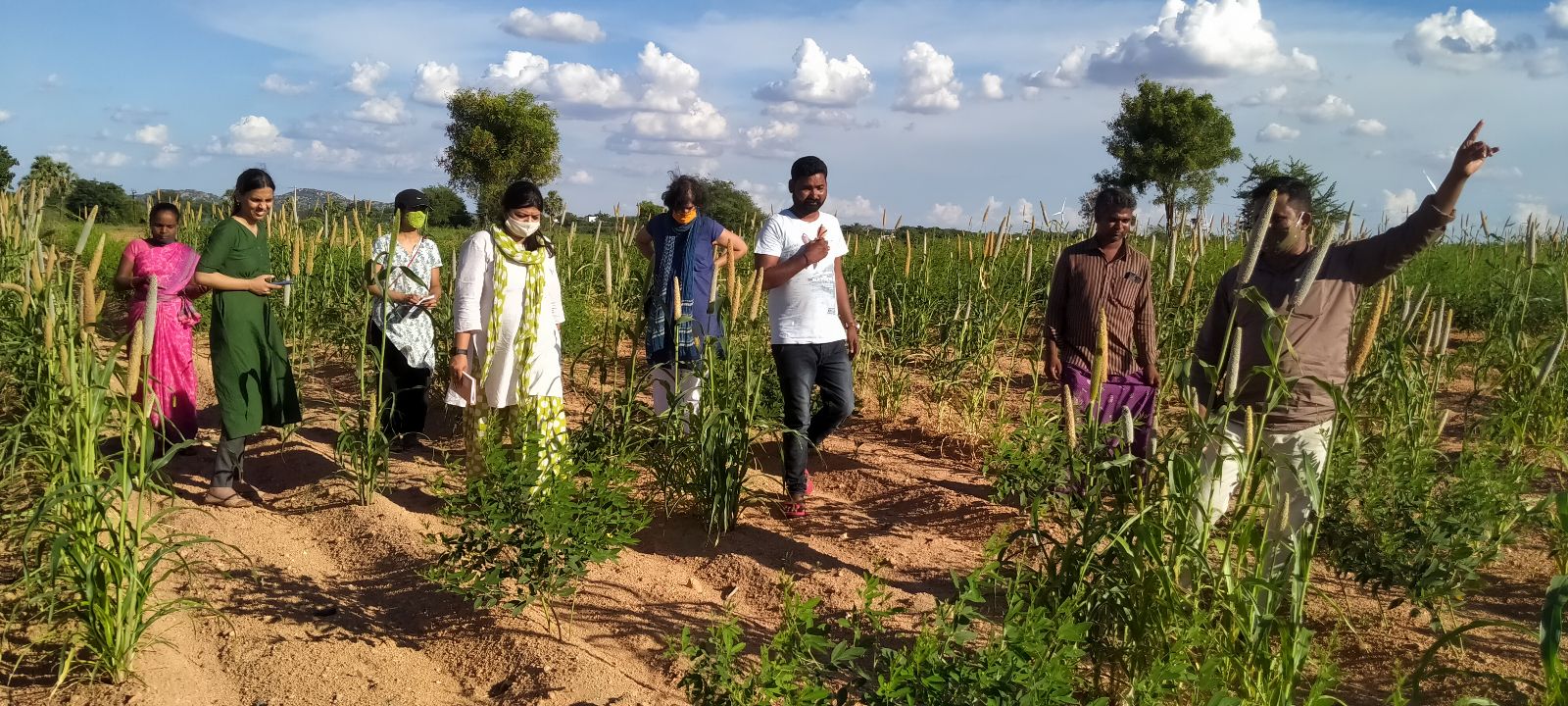How We Can Make Bengaluru’s Water Systems More Sustainable and Affordable
Most cities rely on centralised water and sewerage treatment plants with extensive pipe networks to manage water supply and drainage. However, these are not necessarily the most cost-effective or environmentally sustainable.
Besides, centralised systems have not been able to keep up with rapid urbanisation and population growth. In Bengaluru, for instance, the Bangalore Water Supply and Sewerage Board, the city’s water utility, provides water largely to older neighbourhoods, comprising only 50% of the city’s population. The more densely populated suburbs mostly depend on private borewells and water tankers. Moreover, a quarter of the city’s sewage flows untreated into lakes and other water bodies, causing pollution.
A potential solution lies in decentralised water treatment and reuse systems, which handle wastewater on-site and enable water reuse within buildings or neighbourhoods. In some aspects, Bengaluru is a pioneer in this domain. It has the most decentralised sewage treatment plants in the world—about 2,700, predominantly in residential buildings. In comparison, San Francisco has 50, New York 30, and Beijing 2,000.
However, many of Bengaluru’s decentralised plants function poorly, resulting in sub-optimal quality of treated wastewater. There is little incentive for residents to keep them well-maintained and running. Besides, less than 5% of the treated wastewater is used within the city for watering parks, cleaning public spaces, and domestic purposes like flushing toilets even though using it could reduce Bengaluru’s dependence on stressed resources like groundwater and the Cauvery River.
To address these challenges, WELL Labs has partnered with the Swiss Federal Aquatic Institute of Science and Technology (Eawag) on the Water Reuse Lab project from 2023 onwards. Our focus areas are:
Technology
We are identifying appropriate methodologies to treat wastewater locally and parameters to assess effluent quality as there are varying treatment methods, water quality standards and regulations depending on what the treated wastewater might be reused for.
User Perception and Acceptance
There are many negative perceptions about treated wastewater. Many individuals and organisations might not want to use it due to a lack of awareness about wastewater treatment and reuse, sanitation concerns, trust deficit in regulatory agencies or solely a psychological aversion. We are studying user behaviour and motivations to address common concerns, build trust in treated wastewater and make decentralised wastewater systems an aspirational solution for urban residents, decision-makers, and firms.
Business Models
Wastewater has significant potential for reuse in sectors like construction. For many businesses, reusing wastewater can reduce costs as compared to relying on freshwater. To promote these, we are identifying ways to develop markets for treated wastewater and scalable business models.
Governance
There is a multiplicity of agencies and policies for water and wastewater management in Bengaluru. We are reviewing regulations and governance frameworks to identify barriers to and enablers of decentralised wastewater treatment and reuse.

WELL Labs and Eawag team in conversation with an STP operator at Godrej Avenues, Yelahanka, Bengaluru. Photo by Hari Prasad.
Through these efforts, we seek to promote the adoption of decentralised sewage treatment plants and wastewater markets for more sustainable and affordable urban water systems. The insights from Bengaluru can also serve as a template for other rapidly growing cities in low- and middle-income countries across the world.
Read Part 2 of the blog series to know more about our progress and learning from the Water Reuse Lab project.
Edited by Saad Ahmed.
Published by Choppakatla Lakshmi Pranuti.
If you would like to collaborate, write to us. We would love to hear from you.
Follow us to stay updated about our work

